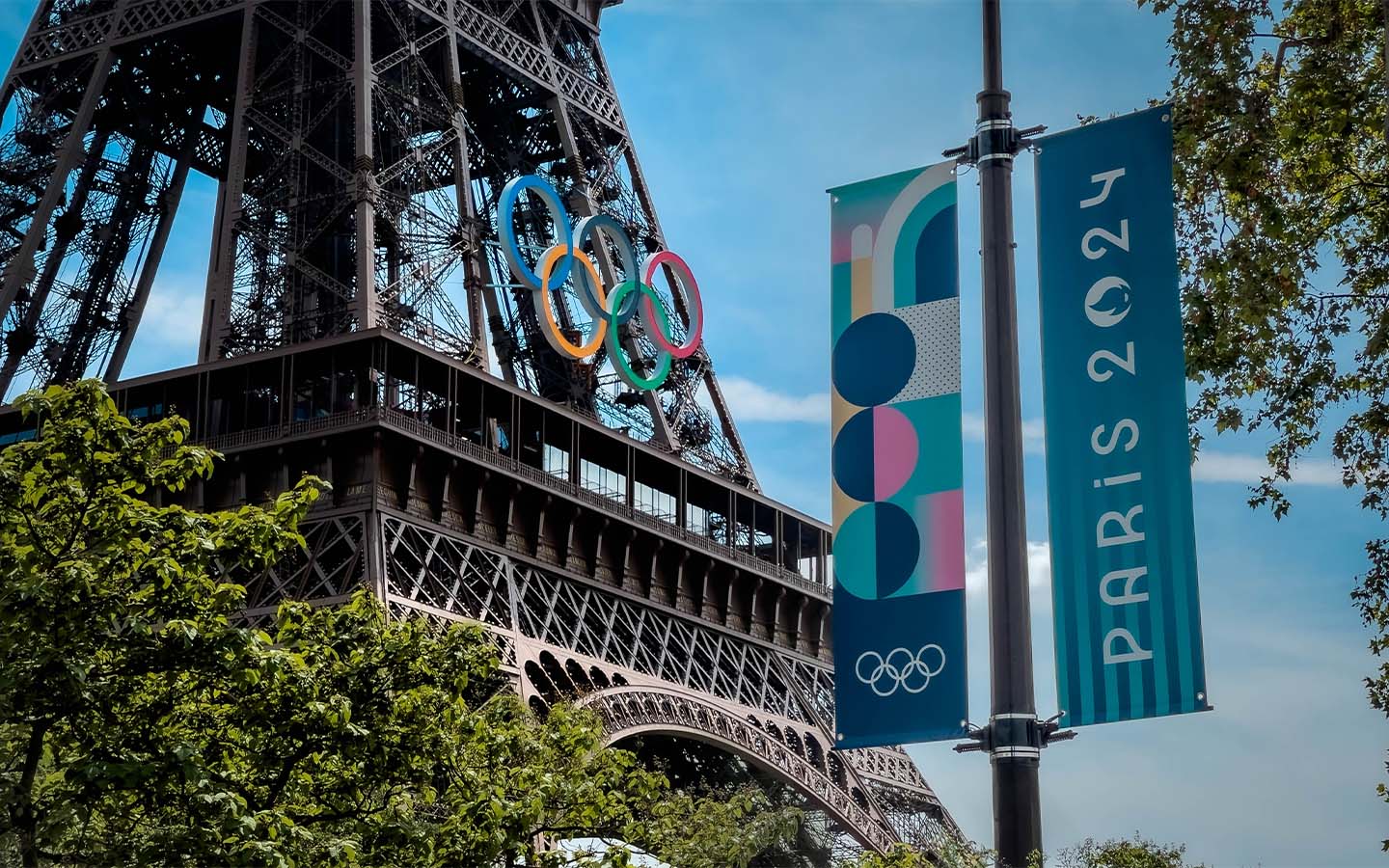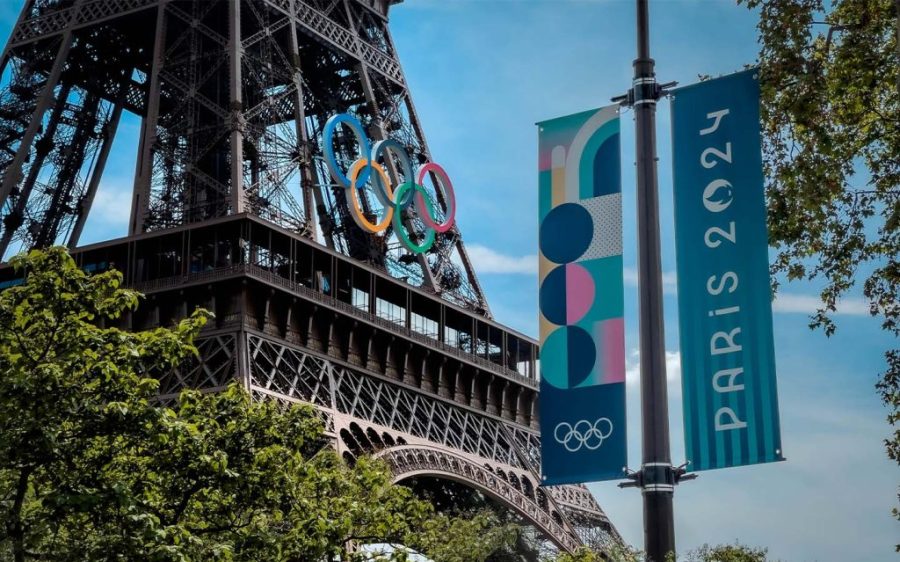From introducing state-of-the-art technology, to championing new kinds of sporting events, the Olympics has always been at the forefront of change since its launch in 1896. The upcoming Paris Olympics, scheduled between 26 July and 11 August 2024, is no exception, introducing a series of firsts that will redefine the Games once again.
In a break with established norms, the opening ceremony will not be staged inside a stadium, but rather along a 6 kilometre stretch of the Seine River where 10,500 athletes from 206 National Olympic Committees will be paraded on boats to a crowd of around 300,000 spectators.
[See more: Asia’s fastest man bails out of the Paris Olympics]
As well, the Paris Olympics is expected to be the most gender-inclusive edition of the games in its 128 years of history, with an equal amount of participation from both male and female athletes across its 329 events that comprise 32 sports.
The 2024 Games will also see the introduction of new sports, as well as the continuation of events that made their debut at the 2020 Tokyo Olympics. At the same time, a number of sports have been discontinued as the Games continue to strive for universal appeal.
Read on to find out which sports have been added or removed from the 2024 Paris Olympics.
New or relatively new sports at the Paris Olympics
Breakdancing
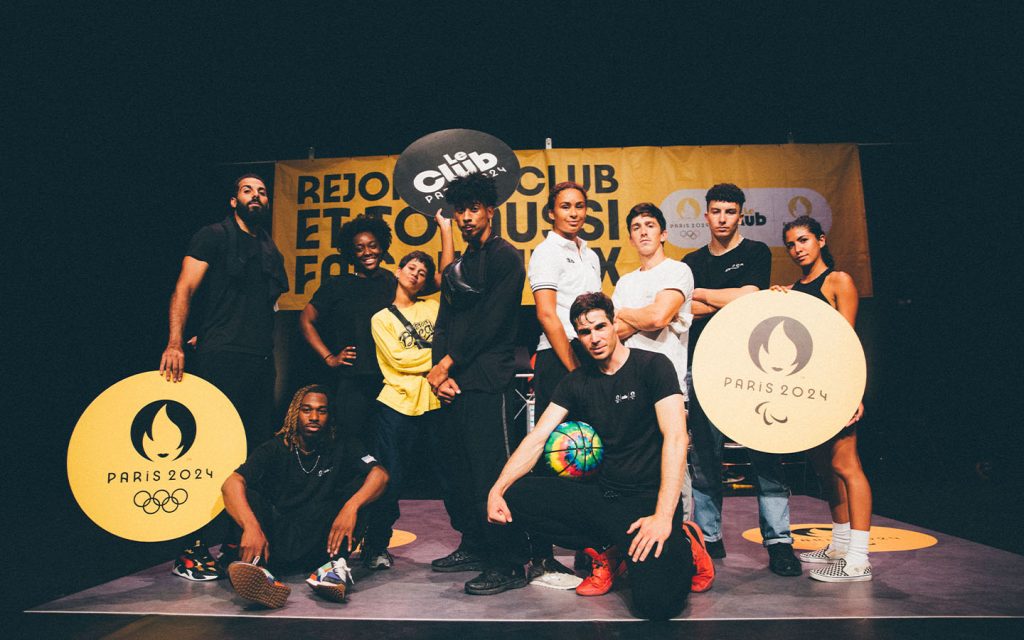
Breaking, or breakdancing as it is known to the general public, will be debuting at the Paris Olympics in a milestone move that highlights the urban dance form’s growing mainstream acceptance as a sport.
The origins of breakdancing can be traced back to the New York City borough of the Bronx where young African-Americans and Latinos in the hip hop culture began to develop improvised dancing in the 1970s that incorporated stylistic footwork and challenging acrobatic moves, including headspins and backspins.
In the years since, breakdancing has broken into global mainstream culture. Its popularity and appeal among young people was especially evident during the 2018 Youth Olympics in Buenos Aires, when more than a million viewers watched the competition via the Olympic Channel. Unsurprisingly, the International Olympic Committee (IOC) has added breakdancing to its programme this year in order to ensure that the Games remain relevant and appealing to a new generation.
[See more: Organisers announce National Games events for Macao]
At the Paris Olympics, breakdancing will be organised into a male and female division that each feature 16 female dancers and 16 male dancers, who are known as B-Boys and B-Girls respectively. Contestants will take part in one-on-one “battles” of around a minute, where they will be assessed by 9 judges on six criteria such as creativity and performativity, which have a collective weighting of 60 percent. Other categories include personality, technique, variety and musicality, which have a total weighting of 40 percent.
The events are set to be held in Place de la Concorde, the largest square in Paris, which will be temporarily transformed into an outdoor sporting venue. Improvisation will be an integral part of the dance battles, as the B-Boys and B-Girls are required to extemporaneously come up with dance routines that are in tune with the DJ’s music.
“When you go to get up on stage, you don’t know what music is going to play or the DJ, so it’s partly improv,” one of the French team’s B-Girls, Carlota Dudek, told France 24 English. “It’s really intuitive. You have to adapt to the moment.”
Kayak Cross
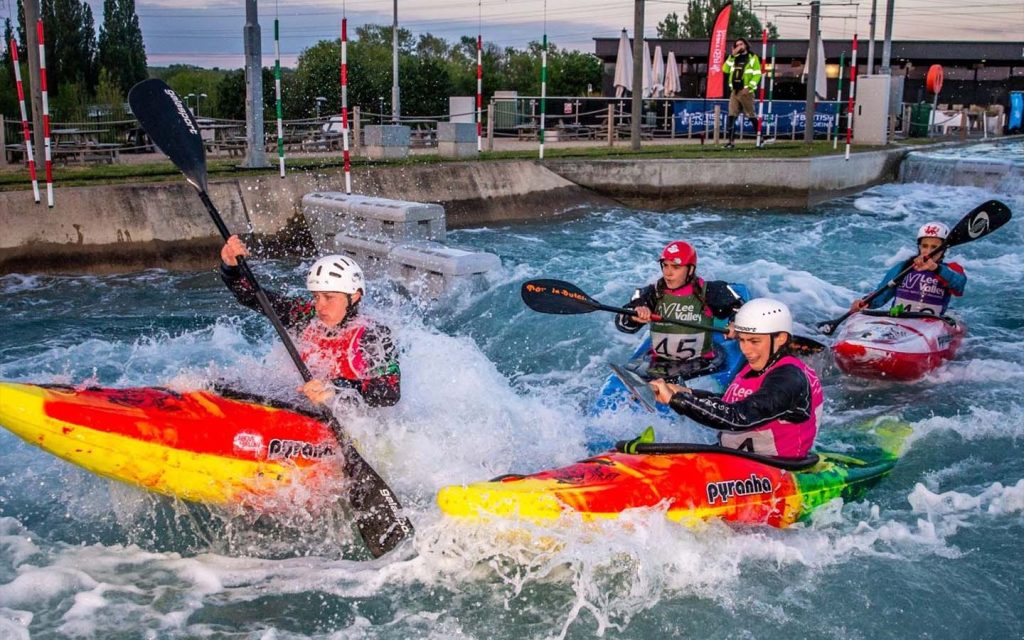
Kayak cross, also known as extreme slalom, is a canoe slalom event that is sure to keep audience members on the edge of their seats. Unlike past slalom races, which feature athletes racing against the clock individually on an artificial white-water course, kayak cross consists of four rowers competing against one another to see who is the fastest.
The inclusion of kayak cross in the 2024 Olympics is not at all surprising given that it is a fast-paced and action-packed sport that can quickly grab people’s attention, taking less than a minute to complete in contrast to a canoe slalom, which can take as long as 40 minutes.
[See more: Macao hosts the Asia and Oceania Sambo Championships]
According to Kimerbly Woods, a UK Olympic canoeist, kayak cross is “very competitive.” In an explanation video, she pointed out that audiences “can expect a lot of carnage … a lot of battles, a lot of bruises, a lot of tactics, a lot of surprises in the moment.”
The history of the sport is relatively recent, making its debut at the International Canoe Federation’s World Cup in 2015. When the sport finally kicks off at this year’s Olympics, it will be made up of a female and male event, with the first competitive stage consisting of an individual time trial, followed by the head-to-head competitions where contact between the boats is permitted.
Skateboarding
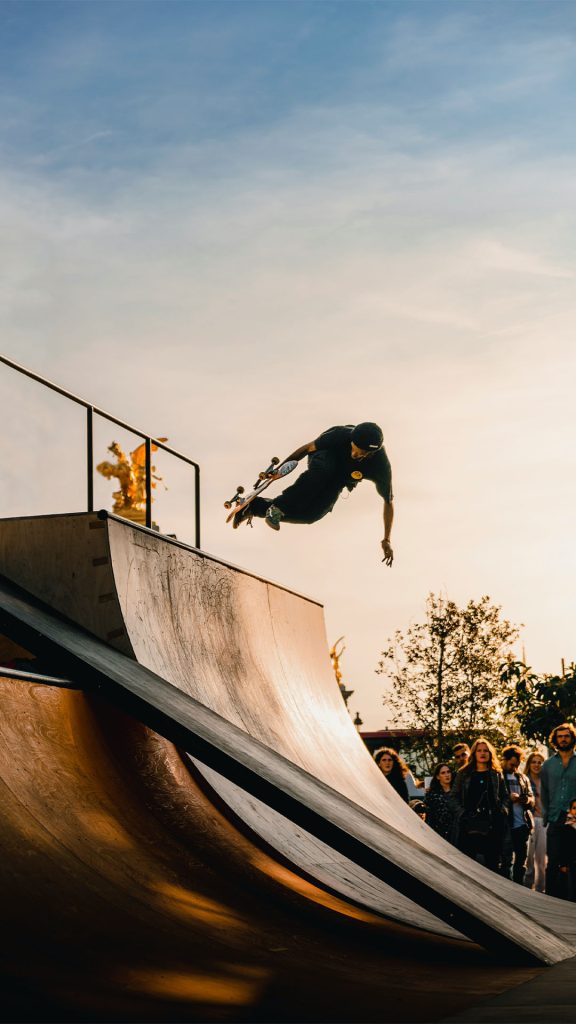
First introduced during the 2020 Olympics, skateboarding will once again return to the Games, with a roster of 88 skateboarders participating – 8 more than the number in Tokyo.
Much like the 2020 Games, the skateboarding competition in Paris will consist of male and female street and park events.
During the two competitions, skaters will have the opportunity to complete several 45-second runs in which they perform various tricks that will earn them scores between 0 and 100 from the judges. The street event also incorporates a trick segment in which the skateboarders have five chances to display individual tricks. Although the street and park events are scored differently, there is some overlap between the judging criteria such as the difficulty of the tricks, as well as their variety.
[See more: China’s rugby sevens teams have one last shot at Olympic qualification]
Speaking about the inclusion of skateboarding in the Olympics, legendary US skateboarder Tony Hawk told Olympic.com that the sport had “finally come of age” and that the sport is increasingly inclusive, with “people of all genders [and backgrounds] … all enjoying it together.”
Surfing
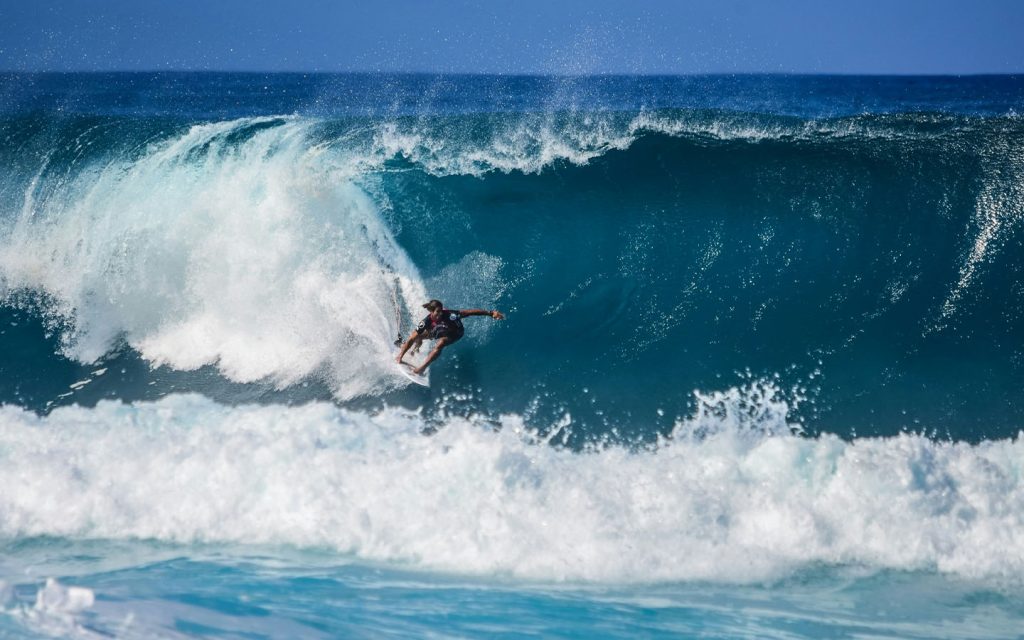
Another recent addition to the Olympic Games is surfing, which was first introduced in Tokyo 2020. The sport is set to make an even bigger splash (pun intended) this year, with the inclusion of eight more surfers than in Tokyo, bringing the total up to 24 female and 24 male participants.
The surfing event this year is also set to break newground by taking place in the French Polynesian island of Tahiti, which is located some 15,800 kilometres away from Paris, setting a new record for the Olympic venue located furthest from the host city.
The choice of Tahiti or more specifically the surfing village of Teahupo’o is a no-brainer. The site has hosted the Tahiti Pro world championship, one of the world’s most prestigious surfing competitions, featuring surfing greats such as Gabriel Medina and Kelly Slater.
[See more: The World Cup of Indoor Skydiving opens in Macao tomorrow]
Teahupo’o offers huge waves that can be intimidating to even seasoned surfers. “The first time I surfed Teahupo’o was my senior year,” pro US surfer, Caroline Marks, said in an Olympic.com interview. “I felt like I was thrown in the deep end of the pool and I had no idea how to swim.”
Surfers competing in the event will no doubt relish the challenge, as they strive to earn the highest score from a panel of five judges who will assess their performance based on a range of criteria, including the type of tricks they perform, the variety, difficulty level, speed, flow and power.
Sport Climbing
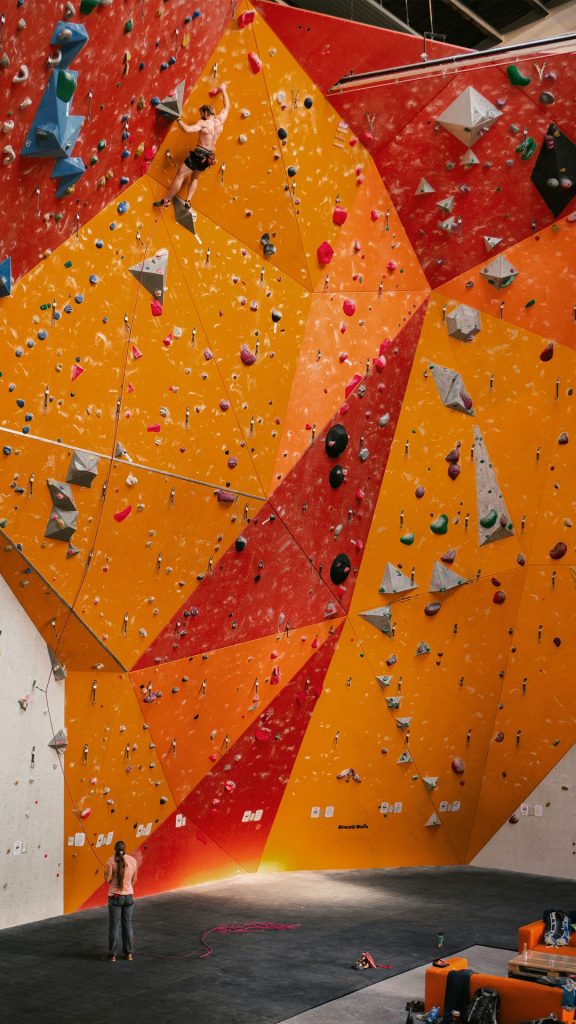
In an effort to modernise and attract younger fans, the Olympics introduced sport climbing during the 2020 Games. While many professional climbers were glad that their sport was finally making its debut on the global stage, they were also frustrated by the format, which combined the three disciplines of speed climbing, bouldering and lead climbing into one event.
Admittedly, bouldering and lead climbing make use of many of the same skills, requiring endurance and persistence. The former requires climbers to scale a four metre wall within four minutes without a safety rope, whereas the latter has athletes climbing a 15 metre wall within 6 minutes, with only one attempt permitted.
[See more: The Women’s Volleyball Nations League wraps up in Macao]
Speed climbing, on the other hand, places emphasis on swiftness, requiring climbers to ascend a wall as quickly as possible. With the merging of all these different disciplines into one, many professionals who specialised in one particular type of climbing were understandably upset.
Tom O’Halloran, who represented Australia in Tokyo 2020 described it as “a pretty brutal format.” In an interview with Yahoo Sports, he likened the situation to having track athletes who are familiar with only one discipline having “to suddenly do the shot put, the 100 metres and the 1500 or something.”
The IOC has clearly heeded to these criticisms because the Paris Games are set to have bouldering and lead climbing as one event and speed climbing as another one. All in all, the latest edition of sport climbing will feature double the amount of events, with the number of participants growing to 68 from the 40 that competed in 2020.
Sports that are being dropped from the Paris Olympics
Karate
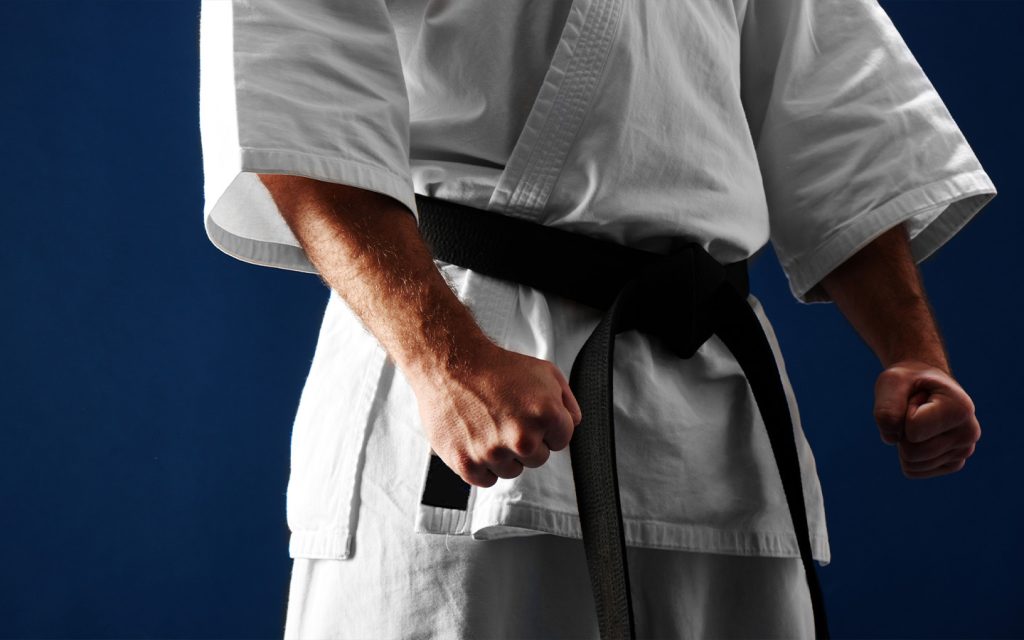
Despite a historic debut at the 2020 Games, karate did not make it into the 2024 Olympics and the 2028 Games in Los Angeles. Reuters reported that the organisers made the decision to sideline the martial arts due to its low “entertainment value” and inability to develop a large enough following among the younger generation.
Looking at the two karate disciplines that were held during the Tokyo Olympics, the organiser’s exclusion of the sport was not wholly unjustified. One of the events was kata, which involves a competitor performing a fixed set of karate moves by themselves.
[See more: Why is Macao so good at Wushu?]
The kumite event was meanwhile described as a “game of tag.” Technically, it is a sparring discipline with two athletes going head-to-head, as they try to earn points by landing blows on their opponent. The rules, however, can be somewhat difficult to understand to the casual observer, as demonstrated when a gold medal was awarded to Sajad Ganjzadeh of Iran, after he was knocked unconscious by his opponent who was subsequently disqualified for breaching the rule against full-contact.
Understandably, the absence of karate during the next two Olympic games has upset the community, with the World Karate Federation president Antonio Espinós criticising the IOC for its “opaque” selection process. Fans will have to wait another three years before they find out whether or not the martial arts will be included in the 2032 Brisbane Olympics.
Baseball and softball
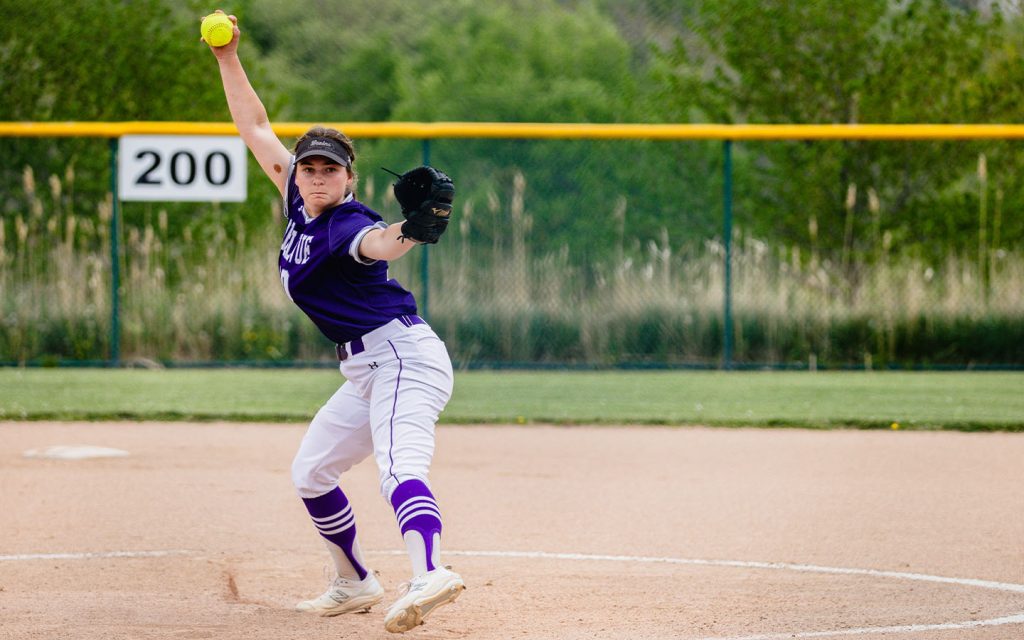
Baseball and softball are two related sports that were dropped from the Paris 2024 despite their inclusion in the Tokyo Games. In the context of the Olympics, both sports are placed under one category which is officially known as Baseball/Softball, with baseball reserved for men and the softball events for women.
Baseball made its debut at the Olympics with the 1992 Barcelona Games and was followed by softball four years later at the 1996 Atlanta Games. The two ball sports, however, were eventually sidelined during the 2012 and 2016 Olympics due to a number of factors, including to the inability of major league players to join the Olympics as a result of scheduling conflicts with the Major League Baseball season. Likewise, softball’s worldwide popularity was not strong enough to sustain its continued presence in the Games.
[See more: Sports chief defends the switch to Formula Regional racing at the Macau Grand Prix]
When it came time for the Tokyo Olympics, Japan was allowed to propose five additional sports for its 2020 Games, including baseball and softball, which strong followings in the country. Unfortunately, the two sports are far less popular in France, hence they have been excluded this time around. Fans, however, can find comfort in the fact that both games will return for the 2028 Los Angeles Olympics.
